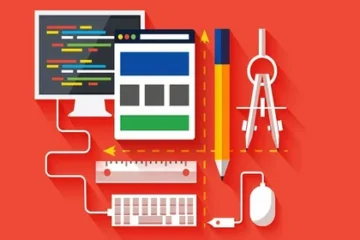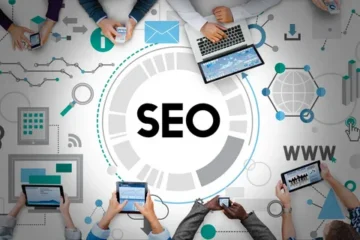The Risks of Installing WordPress Plugins Outside of cPanel
Plugins are essential for enhancing a WordPress website’s functionality, but not all plugins are safe—especially if installed from unverified sources outside of cPanel. Using unauthorized plugins can lead to serious security and performance issues.
1. Security Vulnerabilities
Plugins from unknown sources often contain malicious code, allowing hackers to exploit your site. They can insert malware, backdoors, or phishing scripts, leading to data theft or a complete site takeover.
2. Compatibility Issues
WordPress updates regularly, and so do legitimate plugins. Unverified plugins might not be compatible with the latest WordPress versions or other plugins, causing your website to crash or malfunction.
3. Performance Degradation
Poorly coded plugins can slow down your website, consuming excessive resources and increasing load times. This can negatively impact SEO rankings and drive away visitors.
4. Lack of Support and Updates
Plugins installed from untrusted sources typically lack ongoing updates and support. This means if something goes wrong, you won’t get any help, and security patches won’t be available.
5. Risk of Getting Blacklisted
If your site gets infected due to a harmful plugin, search engines like Google may blacklist it. This will lead to a drop in traffic and credibility, making it difficult to recover your online presence.
How to Stay Safe?
- Always install plugins from the WordPress Plugin Directory or reputable sources.
- Regularly update plugins to patch security vulnerabilities.
- Use security plugins like Wordfence or Sucuri to scan for malware.
- Backup your site before installing any new plugin.
Final Thoughts
Installing plugins from outside of cPanel might seem like a shortcut, but it’s a huge risk to your website’s security and performance. Stick to verified sources to keep your site safe, fast, and fully functional. A secure website means a better user experience and improved trustworthiness in the long run




0 Comments